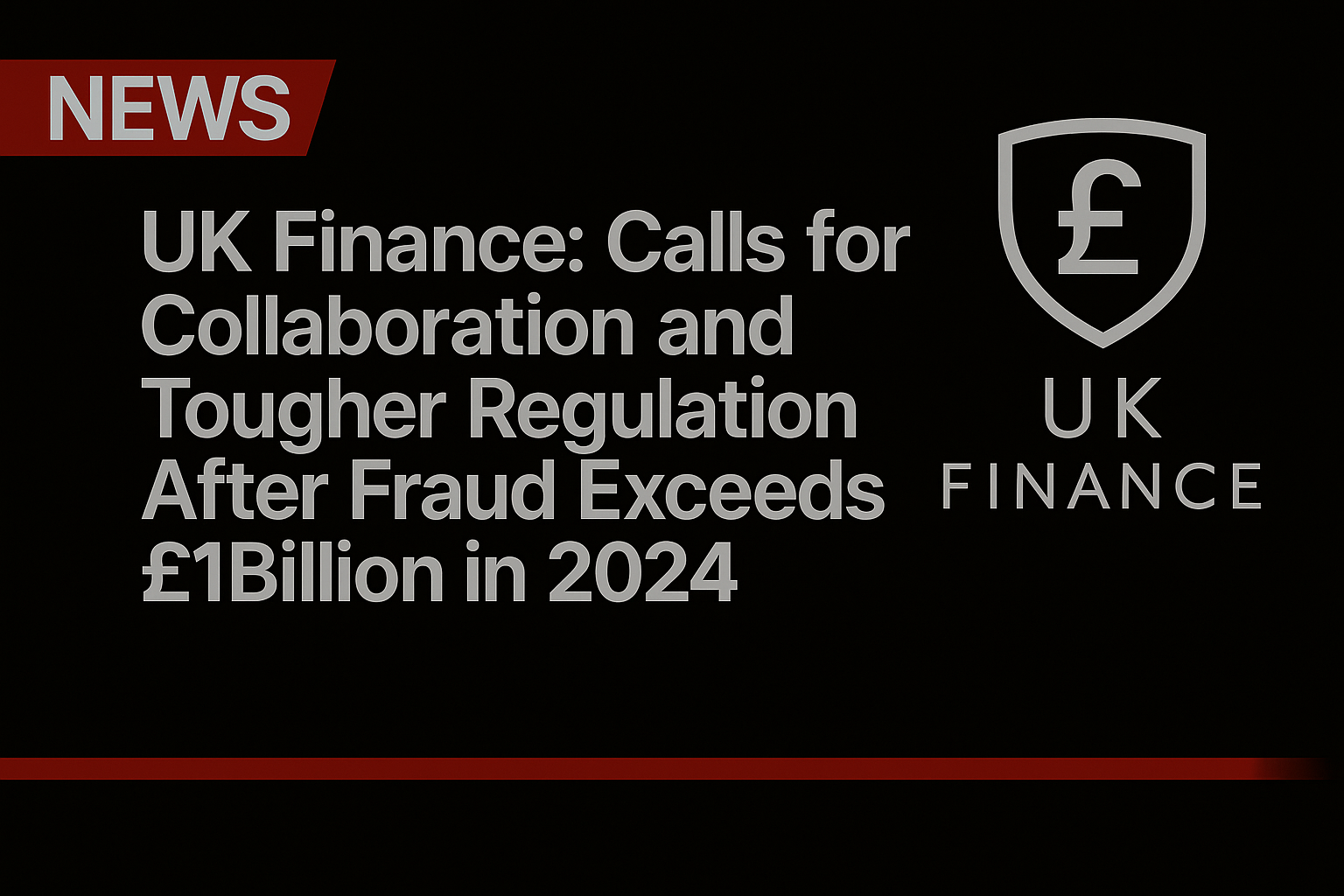Criminals stole over £1billion through fraudulent methods in 2024, although banks prevented even more, according to a new fraud report.
In its latest annual fraud report for 2024, UK Finance, the British trade association for the UK banking and financial services sector, breaks down the prevalence of payment fraud last year according to its members.
It found that criminals stole £1.17billion through unauthorised and authorised fraud in 2024, a statistic broadly unchanged from 2023. However, it also reveals that banks prevented £1.45billion of unauthorised fraud through advanced security systems; highlighting how much fraud prevention work is going on behind the scenes.
Meanwhile, 70 per cent of authorised push payment (APP) fraud cases started online, while 16 per cent started through telecommunications networks.
“Fraud continues to blight this country, with over £1billion stolen by criminals in 2024,” said Ben Donaldson, managing director of economic crime at UK Finance. “This causes severe harm to individuals, society and our economy as the stolen money goes to serious organised crime groups, both here and abroad.
“The financial services industry works tirelessly to protect customers and prevent billions more being stolen by fraudsters, but we know that criminals are always looking for new ways to exploit victims.
“To deal with this threat, we need a more proactive approach with the public and private sectors working more closely together and using data and intelligence more effectively. We also need the technology and telecommunication sectors to step up and actually fight the fraud originating on their platforms and networks.”
The rise and fall of fraud
UK Finance found 3.13 million confirmed cases of unauthorised fraud reported in 2024 (up 14 per cent compared to 2023), and losses totalled £722million in 2024 (up two per cent).
It says that one of the main reasons for the rise was an increase in remote purchase fraud, which had fallen in recent years. In this type of fraud, criminals use stolen card details to buy something on the internet, over the phone or through mail order. Overall, remote purchase fraud case numbers increased by 22 per cent to nearly 2.6 million, and losses increased 11 per cent to just under £400million.
By using similar tactics to APP fraud, UK Finance has seen criminals use social engineering techniques to convince people to share one-time passcodes (OTPs). Once in possession of an OTP, criminal can often authenticate fraudulent transactions or register compromised card details for digital wallets.
Card ID theft saw cases and losses fall back after a spike in 2023. Losses fell 26 per cent to £58.7million, with case volumes falling 23 per cent to just over 109,000.
UK Finance also reveals that contactless fraud losses decreased by one per cent; the first time a reduction has been reported for this category since 2020. Remote banking losses also fell by seven per cent, with cases dropping by 17 per cent. In total, £1.45billion of unauthorised fraud was prevented by industry, an increase of 16 per cent compared to 2023 and equivalent to 67p in every £1 of attempted fraud.
Cutting down on APP fraud
Fraud reduction also happened elsewhere. APP fraud losses dropped in 2024, falling by two per cent to £450.7million. The total comprised £365.7million of personal losses and £84.9million of non-personal losses.
The number of APP fraud cases fell by 20 per cent to under 186,000 – the lowest figure since 2020. This drop was driven by increased investment in technology that can help identify and flag potentially fraudulent activity, as well as educating and raising awareness among consumers.
The biggest amount of APP losses came from investment fraud, which occurs when a criminal convinces their victim to move their money to a fictitious fund or to pay for a fake investment. £144.4million was stolen through this type of fraud in 2024, an increase of 34 per cent from 2023, despite a 24 per cent reduction in cases.
Purchase scams, when a victim pays in advance for goods or services that are never received, continue to be the most common type of APP fraud. Losses to purchase scams increased by one per cent to £87.1million, though case numbers fell by 16 per cent.
Time to get tougher?
There was also a notable increase in international payments that were made as part of APP fraud, with criminals likely trying to get people to send money outside of the UK. International payments accounted for 11 per cent of APP losses in 2024, up from 6 per cent in 2023.
Rocio Concha, director of policy and advocacy at consumer champion Which?, shared her reaction to the findings: “While it’s encouraging to see the number of APP fraud cases dropping to their lowest levels in five years, the amount of money lost to this crime remains eye-watering, with devastating consequences for victims.
“Fraudsters are constantly evolving their tactics, so it is disheartening but unsurprising to see a rise in the number of cases in which scammers trick their victims into sending money abroad. These payments are not covered by new mandatory reimbursement rules, meaning victims of this type of fraud are unlikely to get their money back. Banks and payment firms should enhance their anti-fraud controls for international payments, and the independent review of the mandatory reimbursement scheme in October should take note of these emerging trends.
“As this report makes clear, fraudsters are continuing to exploit gaps in the system. That’s why it’s crucial that the government gets tough with payment firms not taking the security of their customers seriously and ensures social media firms, search engines and telecoms firms put the right systems in place to properly protect their customers.”
Call for collaboration
Victims of unauthorised fraud cases are legally protected against losses, and UK Finance research indicates that customers are fully refunded in more than 98 per cent of unauthorised fraud cases.
October 2024 saw the Payment Systems Regulator (PSR) introduce new reimbursement rules for APP fraud. In total, £267.1million of APP fraud was reimbursed to victims by banks, around 59 per cent of all money stolen from APP fraud.
On 15 May 2025, the PSR issued an update on reimbursement under its new rules and reported that in the first three months of the rules being in force, 86 per cent of money stolen through in-scope APP fraud was returned to victims.
“While the UK’s made massive progress in the fight against fraud and financial crime in recent years, the industry isn’t growing complacent,” explained Gadi Mazor, CEO of financial crime prevention company BioCatch. “Fraud in the UK still isn’t declining. Now is the time to recognise this blight as the systemic problem it is and address it with a systemic solution.
“Financial institutions, governments, law enforcement, and regulators must collaborate and share intelligence in real time if we hope to meaningfully reduce fraud losses in the UK and prevent the billions of pounds stolen by fraudsters every year in this country from ever leaving victims’ accounts.”
Source: https://thefintechtimes.com/





